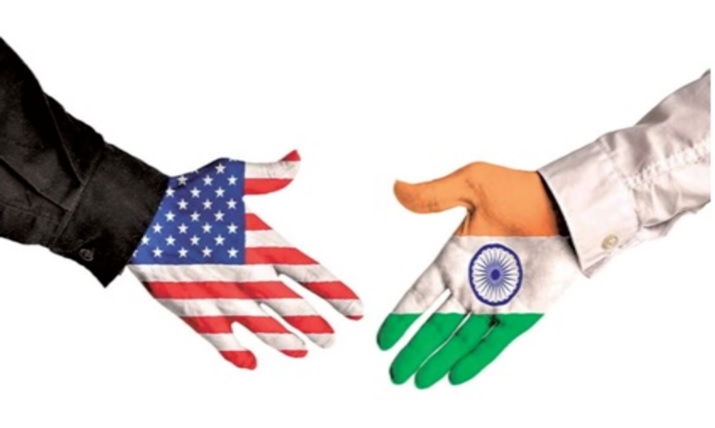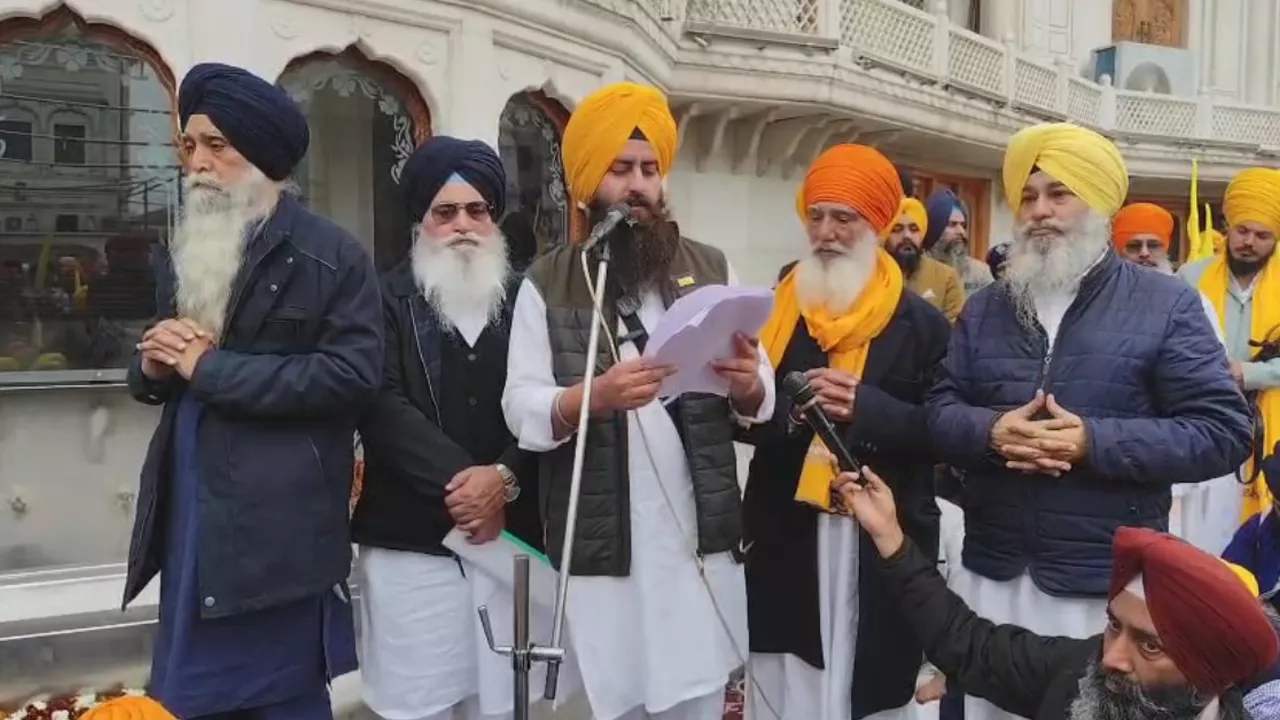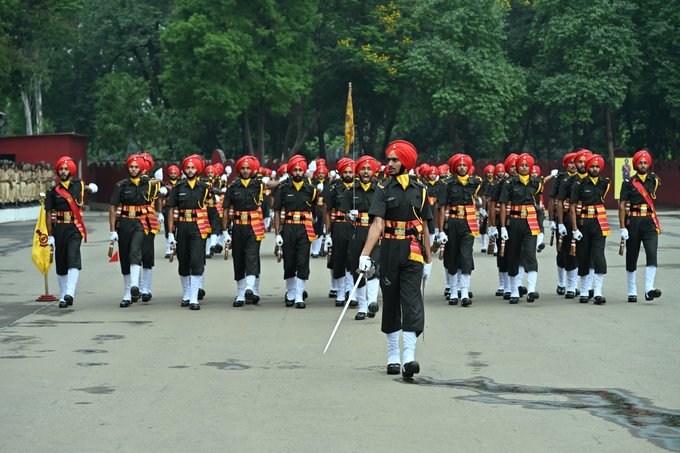As he announced 25–40% tariffs on 14 nations, on 7 Jul, US President Donald Trump said the US is close to reaching a trade deal with India. Trump said that the US had made a deal with the UK and China. He also said he had sent a letter to the nations that he believed would not make a deal with the US. The trade deal assumes urgency because of Trump’s 90-day deadline which expires 9 Jul. Indian government sources say a mini-deal will likely be announced on 8 Jul, the full deal is likely to be signed after more negotiations between the two countries later this year. At the center of the deadlock is agriculture. The US has been pushing India to significantly open its domestic market by reducing tariffs on farm produce like soybeans, wheat, corn, apples, dairy products, and processed foods. The US has also demanded easier market access for Genetically Modified (GM) crops, which India has long resisted due to health and regulatory concerns. India is citing the need to protect its small farmers and food security system, particularly the Minimum Support Price (MSP) regime that underpins rural stability and welfare. MSP has been a major concern of Panjab farmers. After the Farmers Protest 1.0 in 2020–21, Panjab’s farmers started another protest for MSP in February 2024. Another sticking point is farm trade. While current India-US farm trade is modest at $8B, the US wants to boost exports of maize, soybeans, cotton, and corn to reduce its $45B trade deficit with India. India is open to lowering tariffs on walnuts, cranberries, and other fruits, along with medical devices, autos, and energy products but not all US products. If the 9 Jul deadline passes without an agreement, India faces restoration of suspended tariffs, hurting key exports like aluminium, pharmaceuticals, and textiles. Trade tensions could escalate, affecting bilateral cooperation in strategic sectors such as defense, technology, and energy (earlier coverage).


Like what you're reading? Subscribe to our top stories.
Liv Forum provides a digest of analysis on major issues facing Indian (East) Panjab and Sikhs globally.
In accordance with our Privacy Policy, we will never share or sell the information of our subscribers.






